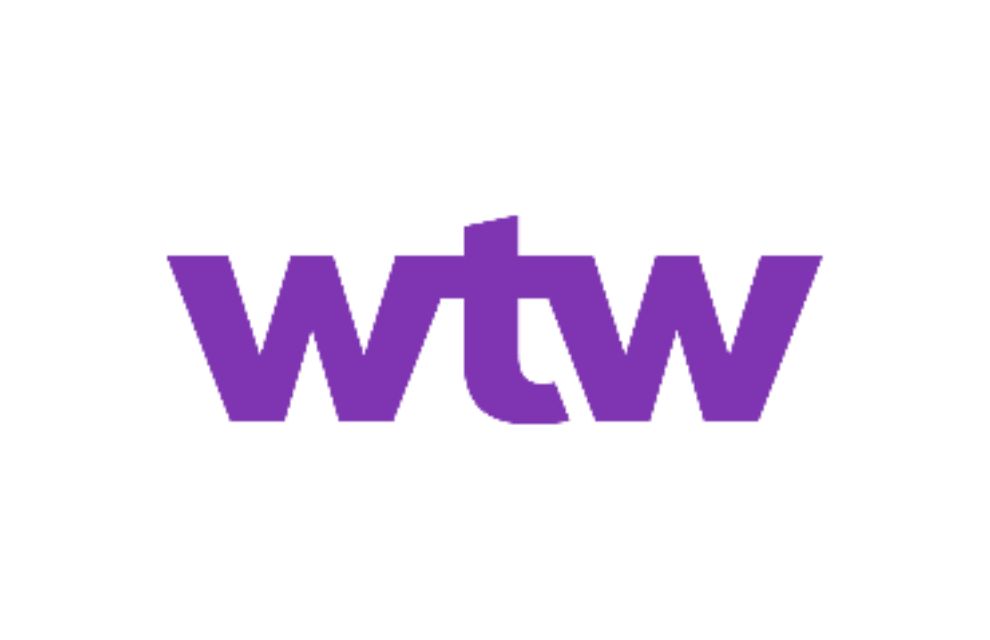Advisory, broking and solutions provider WTW has released the ‘Credit and Political Risk Insurance Capacity Survey and Market Update’, reporting its findings from a January 2023 survey. According to the report, the credit and political risk insurance market (CPRI) has seen increased notional maximum capacity across the board. As of 31 January 2023, contract frustration total notional capacity available per transaction was up 20 per cent YoY, reaching approximately US $4 billion. Notional capacity for 15-year tenors were up 37 per cent to $2.5 billion. Transactional trade credit saw a similar increase of 17 per cent, rising to $3 billion, and non-trade credit rose 37 per cent to $2.2 billion. Overall political risk capacity also increased, reaching nearly $4 billion — a YoY increase of almost 15 per cent. The US, UK and Nigeria were found to be the top three countries by exposure, based on the comments of 32 of the CPRI insurers. In regard to top industry exposures, financial institutions, sovereign, oil and gas took the top spots. The study surveyed 58 insurers from Lloyd’s and company markets, with 49 of these providing further comment on 31 January. WTW’s existing database also contributed to the results, along with information gathered from the company’s interactions with insurers throughout 2022. Commenting on the study’s results, Emma Coffin, head of broking and global financial solutions at WTW, says: “The fact that we are seeing a continued and steady increase in capacity within the CPRI market denotes its stability as well as the market’s confidence in this sector. Each of the three main CPRI perils — contract frustration, transactional credit and political risk — have experienced growth over the past two decades through various market cycles, across the COVID-19 pandemic and the resulting lockdowns. “Oil and gas has declined from first place to third place in respect of top industry exposures and this survey also highlights a marked rise in renewables and ESG with a positive shift in the number of markets able to support clients with challenging financing structures. We foresee all these positive trends continuing in 2023.”


